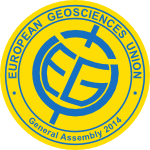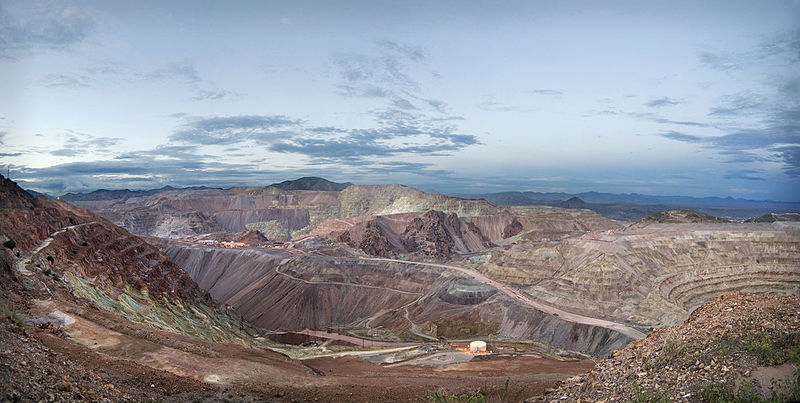 After a busy start to the conference, I decided to take it easy on Wednesday. Whilst there was a range of really interesting sessions that caught my eye, I decided instead to dedicate some time to talking to people (I’ve got some really interesting 10 minute interviews coming up!). In the afternoon, I attended the Great Debate, Metals in our backyard: to mine or not to mine. As outreach is something that I am heavily involved in, I attended the short course in School Outreach: A practical Guide.
After a busy start to the conference, I decided to take it easy on Wednesday. Whilst there was a range of really interesting sessions that caught my eye, I decided instead to dedicate some time to talking to people (I’ve got some really interesting 10 minute interviews coming up!). In the afternoon, I attended the Great Debate, Metals in our backyard: to mine or not to mine. As outreach is something that I am heavily involved in, I attended the short course in School Outreach: A practical Guide.
To mine or not to mine?
The debate was interesting as it touched on some of the key questions surrounding the on-going debate about the future sustainability of the mining industry. However, I must admit, it didn’t much feel like a debate. Unfortunately, despite the convener’s best efforts, it wasn’t possible to find someone who would sit on the panel and argue the case against mining and only two people in the audience openly admitted to be against it. There were some key questions and points raised by the panel and the audience, many of which I tweeted about (#EGU14mine) on the day, and some of which I’ve highlighted below.
The main thing I took away from the debate was that mining sustainably is an issue that requires a huge deal of thought. I realise, I am stating the obvious, but I felt that during the debate the real issue was skirted around. The positive and negative impacts of mining seem relatively obvious, even to a non-expert like myself, but what I’d like to know is how the gap between the two is bridged?
- Metals will not run out in the near future, the real issue is how much money is invested into the industry. We have a poor understanding of the amount of resources available due to a reduced handle on the global geology, particularly when it comes to subsurface outcrops.
- Is the infrastructure and supply chain robust enough to support the future growth of the industry?
- How much do we actually know about the environments we might want to explore in the future? This question was raised in relation to the exploration of the deep sea and future ventures in this area.
- Mining in the deep sea requires technological and environmental assessments that are location specific as the impacts of the ventures will vary from site to site.
- If done properly, the economic and social benefits to communities affected by mining can be large; it can lead to social empowerment, development of local infrastructure and health care. Equally, if the benefits of mining are not reaped by the local communities and country it can lead to violence and social instabilities. It is the responsibility if the mining industry and countries who engage in mining enterprises to establish contracts that will protect all stake holders and minimise conflict.
- Available technologies and implementation of good practices can minimise the lasting impact of developing and exploring natural resources, paving the way for a sustainable future for the mining industry.
For more detail on what went on on day three of EGU, and also on who the panelist were during the great debate, I highly recommend you take a look at Hazel Gibson’s post over on MyPatchworkPlanet.

